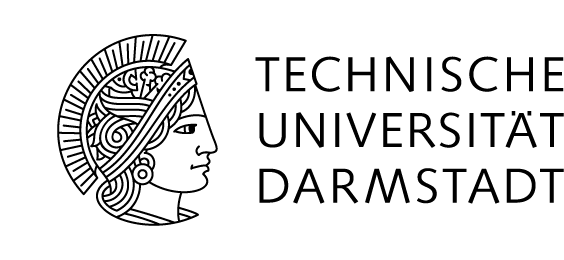Seminar: Formal Specification and Verification
| Form: | Seminar - 3 CP (2 SWS) |
| Organizer: | Prof. Dr. Heiko Mantel |
| Dates: | Block seminar on 1 or 2 days, tentative dates: Thursday, 15.12.2016 and Friday, 16.12.2016 in S202|E302 (please reserve both days, the exact schedule will be determined depending on the actual number of participants) |
| Language: | English |
| Registration: | via TUCaN, course id 20-00-0914-se |
| Max. participants: | 20 |
| Literature: | will be announced during the preparation meeting |
| Preparation Meeting: | Tuesday, 25.10.2016, 16:30-18:00 in S202|E302 (joint meeting for all seminars at MAIS) |
News
- 11.10.2016 (Important): The introductory meeting for all seminars offered at MAIS was moved to Tuesday, 25.10.2016, 16:30-18:00 in E302. The introductory meeting for all labs offered at MAIS is still Friday 21.10.2016, 13:30-15:10 in E302.
Course Website
The moodle page can be found under link.
Material
The material for the seminar will be announced in the preparation meeting.
ContentAs long as requirements to computer designs are formulated in an ambiguous human language and as long as these designs are implemented by humans not insured against possible carelessness and misunderstandings, computer systems will contains errors. For the time being, the only way to guarantee absence of errors in a computer system is to exploit rigorous formal methods of mathematics for specifying system's intended behavior and proving that the actual system's implementation meets the desired behavior. This year, the seminar "Formal Specification and Verification" focuses on timing semantics. The security of a program can, e.g., depend on its running time. In such cases timing semantics are a basis for analyzing security. In this seminar we will discuss different articles on timing semantics. |
|
Learning Objectives
After successful participation in the course, you become acquainted with an unfamiliar subject by working with scientific papers. You are proficient in different techniques of library research (including accessing special databases). You can compare and contrast research results across multiple publications and perform an overarching evaluation of these results. You recognize the essential aspects of the examined works and are able to concisely present them to an audience with mixed prior experience on the subject, effectively applying a number of presentation techniques in the process. You are able to actively participate in a scientific discussion on the presented topics.
Prerequisites
Knowledge of Computer Science equivalent to the first four semesters in the Computer Science Bachelor program.
Last modified on 25 October 2016.



